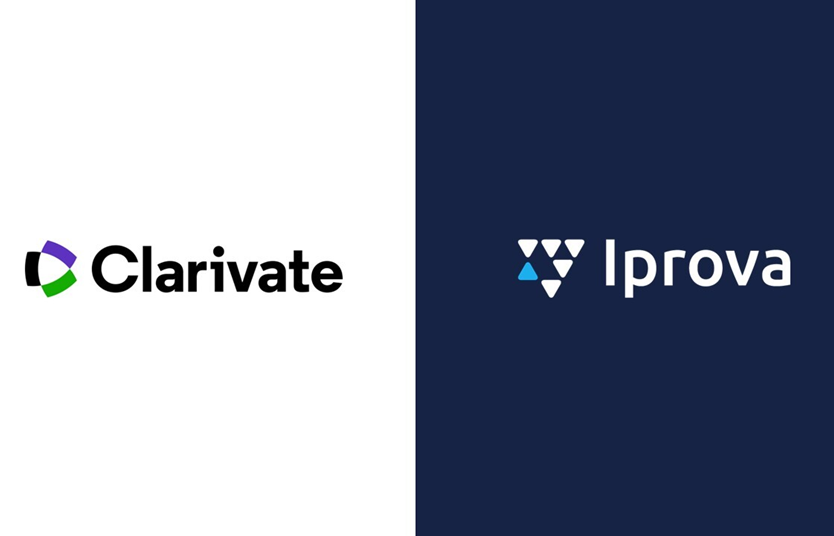Iprova CEO Julian Nolan looks at some of the key issues around invention being democratised.
During my recent visit to the excellent CIP Forum in Sweden, the terms “democratisation of invention” and “democratisation of innovation” cropped up frequently. Having spent many years in the invention and IP sectors, these are terms whose use I have seen increase significantly over recent times. However, they are also terms whose meaning and implications are maybe not apparent to everyone. So, I thought that it was time to explore the terms and bring some clarity.
The term “democratisation” conjures up images of opening up an activity or process to just about anyone. After all, the word itself derives from the ancient Greek word “demos”, meaning “the ordinary citizens of a city-state” or, in other words “the ordinary people”. In a political or constitutional setting, we are all aware of the differences between democracies and, for example, dictatorships. Obviously, in a corporate / business scenario, the meaning is slightly different and refers to the involvement of as many (relevant) employees as possible. But, what are the implications of invention and innovation not being “democratised”, what are the main underlying issues and how they can address the issue.
First of all, the implications. Whether a company has one simple service offering or a huge range of deeply complex technology products, almost every employee cares about what the company does and how they help the company’s customers. They may not know all the technical details, but they will usually have a view. Producing, selling, installing, maintaining or marketing something gives you a perspective. However, with some exceptions, the invention of new products is often limited to R&D teams. While their brief may have come from the board or from product management, their output is limited by the information that they have access to. This is usually defined by their prior knowledge, their interests and the data that they are able (and willing) to access. If they are mainly in the same age bracket and are of the same ethnicity and gender, are experts in technology X and only have access to data on the current and potential future direction of technology X, then this will define their invention activity. It may result in the best possible invention, but this is very far from certain. Constrained thinking is likely to produce constrained inventions.
While every company’s situation is different, the main data issues that affect the democratisation of invention are:
- Access to internal data (1) – Many companies use different software for areas such as technology, ingredients, processes or consumer insights, making the synthesis of data very difficult.
- Access to internal data (2) – Some companies, particularly larger organisations with international operations, restrict data access between business units, between project teams and between countries.
- Employee turnover – When employees leave, corporate learning and informal exchanges of data tend to fall down.
- Innovation bias – Adopting a “Not invented here” mentality towards ideas from outside the company, can mean that internal data is preferred over that from external sources.
- Data overload – With the amount of data in the world rising exponentially, many people have difficulty keeping track of developments in their own domain. Close / intersecting domains are thought about “if I get a spare 5 minutes” and distant domains are unlikely to ever get a look in.
So, how can companies address these issues?
At the highest level, the creation of a “data first” organisation is critical. This will then enable employees at all levels to leverage data and use innovative data techniques to resolve challenges. This is easier said than done, but it is as much a mindset as it is about practical implementation. This will then unlock a whole series of initiatives throughout the organisation, which will result in data and analytics taking centre-stage. Importantly, from an invention perspective, it should also result in a data-driven mindset, where the use of external tools and applications is encouraged. So, while the internal focus on data should address the issues around access to internal data and employee turnover issues, it is the openness to external tools which may well prove crucial in addressing the innovation bias and data overload issues.
At Iprova, we see a lot of companies for whom democratisation of invention and innovation are critical issues. They have recognised that there is a problem and this is the key first step. However, we then see that it is the “data first” mindset which tends to really make a difference. With our own data-driven approach to invention, we know the importance of this step and we are seeing the clients that take it then embracing our approach and ensuring that, as well as empowering employees from across departments to contribute effectively, issues such as gender, ethnicity and age are also removed from the equation. Invention is being democratised… and with increasing speed.
More from our feed
Iprova unveils high-performance data-driven invention software release
Read more
Clarivate Partners with Iprova to Streamline the Invention Creation and Submission Process
Read more
Everyone Is a Power User Now
Read more